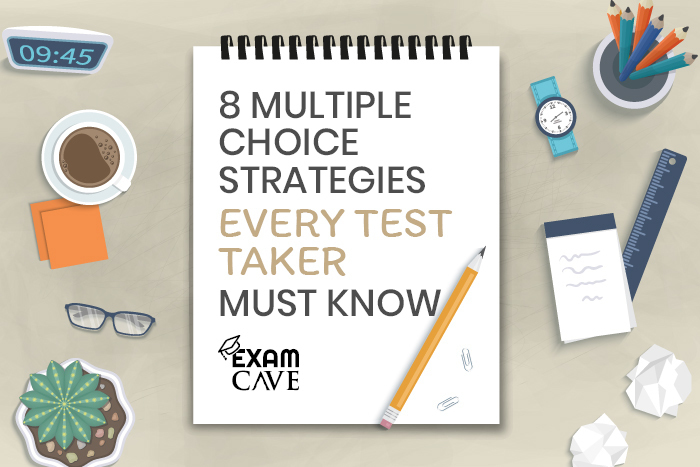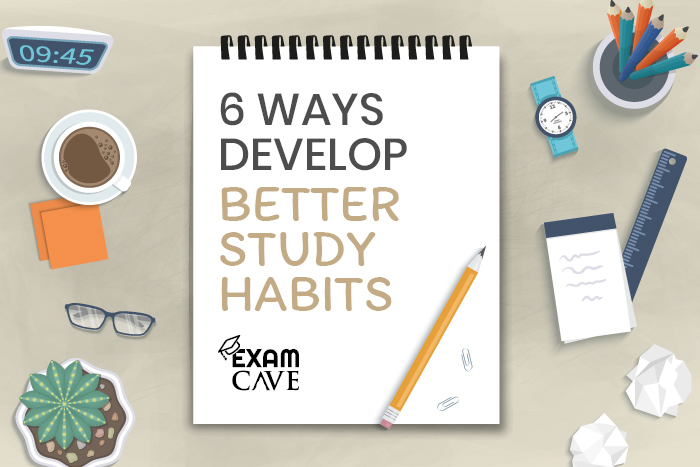Study Tips Cave
Top 10 Basic Study Tips Every Student Must Master
The average biology major spends about 16 hours per week studying. If that’s the average, why are some biology majors failing their courses while others are acing every test?
The answer may not necessarily lie within the number of hours spent studying but rather the tactics and techniques used throughout a good study session.
If you’re spending several hours each week studying your notes but feel like you’re making no progress academically, you can easily start to feel dismayed.
We’re here to help with our top ten basic study tips every student must master.
1. Find Value in Your Topic
It’s hard to pay attention to something that you truly do not care about. Whether it’s math, history, finance, or a foreign language, some classes and topics simply aren’t your cup of tea. Someone who’s studying to be a graphic designer probably wonders why they’re taking a calculus class.
Skim through your classes and identify the ones that stand out as “pointless” or “useless.”
Not only can you brainstorm ways that you can use this skill, but you can also do a little research online. Try searching for “what is the application of calculus in real life?” Make a list of what you come up with and keep it handy as a reminder throughout the course.
2. Set SMART Goals
Experts say that those who vividly describe, picture, and write down their goals are more likely to succeed. Proper goal setting may be your ultimate key to success.
You can set goals for all types of situations, including studying. And the best studying goals to set are SMART goals:
- Specific
- Measurable
- Action-oriented
- Realistic
- Timely
When you’re setting your study goals, be sure to follow SMART rules. Doing so can ensure your time is well-spent, productive, and focused.
For example, instead of simply saying, “I’m going to study after dinner tonight,” make a more concrete plan using the above guidelines. Set a time, pick a subject matter, decide your study method, and make a plan.
3. Determine Your Reasons
Some people have difficulty determining the value of certain subject matter, as discussed above, while others haven’t discovered their overall “why” for learning.
Be clear about the reason you want to succeed. Your reasons serve to motivate and drive you, so figuring out that component can be critical to your success.
Take some time to write three to five reasons why you want to succeed in school. Keep this list handy – perhaps posted on your desk where you study – and allow it to become a motivating factor in your education.
4. Prioritize Work
Organizing a heavy workload can lead to a lot of stress, especially during busier times of the semester. When you’re studying for multiple exams, it can feel impossible to squeeze all that information into your head at once.
Make things a little easier by prioritizing your work. If you’re doing very well in some classes with material that comes easy to you, save those subjects for last. Take care of your problem areas first or classes that you know you need a good grade in.
5. Plan Ahead
Nothing hurts your studying more than failing to plan ahead. For some students, reviewing their notes the night before a test is enough. They can process and retain information quickly.
Other students need a few sessions and plenty of time to digest the content of their courses.
Determine which type of student you are and plan accordingly.
If you know you need more time to effectively learn and retain a topic, start a study schedule as soon as possible. When the teacher announces an exam in one week, begin right away instead of putting it off.
6. Get Plenty of Rest
The average person will sleep for about one-third of their lifetime. So, it’s safe to say that sleep is important.
Many experts agree that pulling an all-nighter before a test actually isn’t the best idea. Lack of sleep can lead to poor cognitive function and forgetfulness, which aren’t ideal symptoms to have as you’re sitting down for a test.
That being said, skip the all-nighter and prioritize your sleep. It may help you remember the notes you’ve studied better than those extra hours.
7. Create the Ideal Study Environment
Your environment can have a big impact on the effectiveness of your studies. You probably won’t remember much if you study in front of the television while scrolling through your phone and chatting with your roommate.
If you want to take your studying to the next level, find a quiet, comfortable place to sit. Relax – stress can make learning more difficult – focus on the task at hand.
Turn your phone off and play some music in your headphones. Choose music that won’t distract you, like an instrumental playlist.
8. Choose Your Method
There are tons of different study methods out there. Many students will choose their methods and stick with them, while others like to switch them up. Everyone’s brain retains information in various ways, so be sure to find the method that works for you.
For example, some students simply read through their notes; no flashcards, no quizzing, no-frills.
More visual learners find success in rewriting their notes, while others will read their notes out loud.
Find a method that works for you and stay consistent.
9. Emphasize Key Concepts
Lots of teachers like to give out study guides or outline exactly what will be on your exam, which makes it easier to centralize your studies. But even if a teacher doesn’t do this for your class, you can do it yourself.
Identify the most important details in your notes and emphasize them with a highlighter. Begin all of your study sessions with the key concepts and expand from there as you have time.
10. Absorb Information in Small Chunks
Have you ever had a test that covers 20+ pages of notes? If you have, you know how daunting studying can feel.
Don’t overwhelm yourself by trying to cram all that information into one study session. By the end of the notes, you’ll probably forget the first page you read.
Instead, break up the information into smaller chunks. Spend some time going over the first chunk a few times before moving onto the next. Your brain can remember these smaller bits of information much easier than all of it at once.









